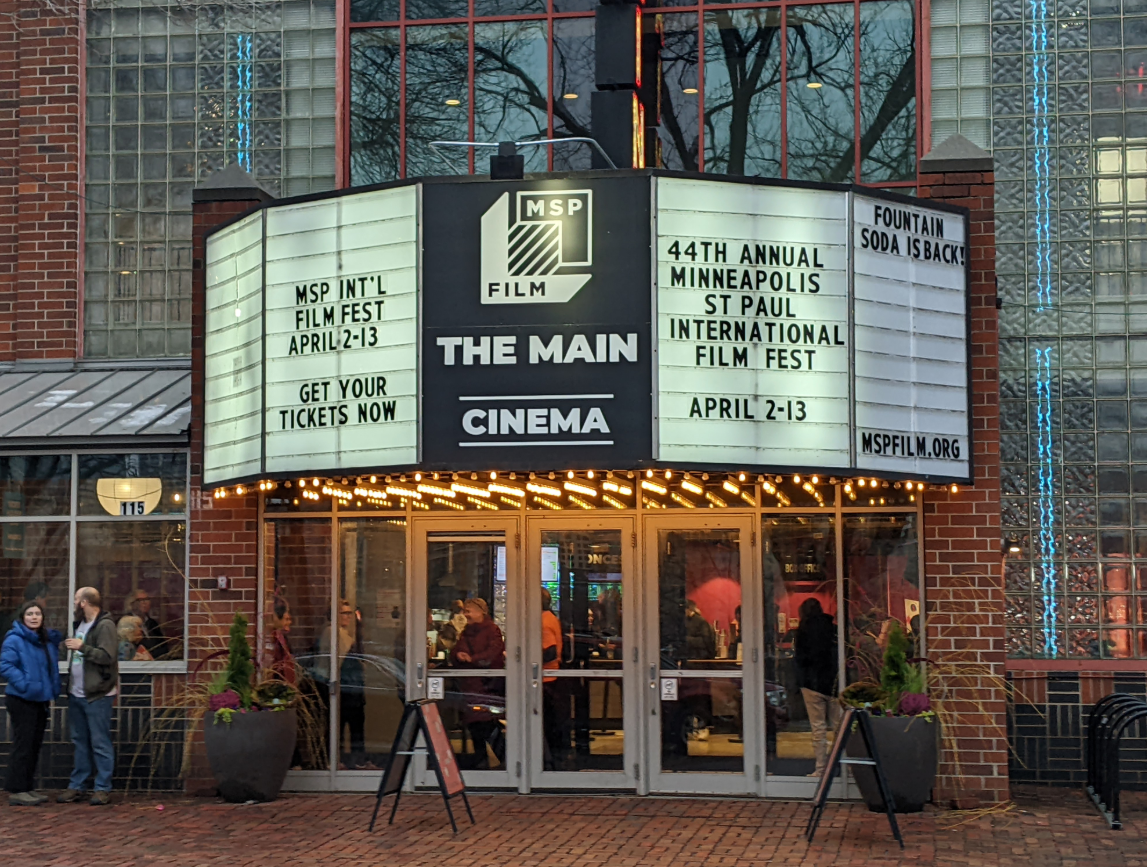I think techno-ish.”
“What?” her friends say. “Indie music?”
“Yeah!” Friends give disapproving looks. “No?” Friends shake heads. “OK.”
Such went an exchange between Emilie Schmitz and friends Jeremiah VanSliedrecht and Mackenzie Luke, University undergraduates.
Schmitz’s answer is typical. When students describe what the word indie means to them, they come up with “techno-ish.” They come up with boys singing in tortured tenors. They come up with Ö Coldplay.
Indie, a word bands claiming complete economic freedom once held with great esteem, now clings to any acoustic guitar and vintage suit jacket.
The term has evolved from being about simple economics to describing a sound ‘ and a style.
Those bands still trying to get actual self-sufficiency are struggling in the shadows of poseur “indie” bands that claim the label yet are signed to labels like Warner Brothers.
“In a sense, indie isn’t indie,” said Jenny Lanz, a University junior. “Everyone knows about it.”
We can thank the Internet for demonstrating this phenomenon. Specifically, MySpace.com, the band- and fan-friendly site, defines ‘ and lets bands define ‘ their sound as “indie.” MySpace’s genre list includes blues, death metal, funk, lounge and reggae, all of which could claim label independence. But, of course, also on that list is indie itself.
Indie has become a genre, much like rock and techno.
Indie also has become an excuse.
Take, for instance, the first three bands that pop up when searching “indie” on MySpace: Weezer, Taking Back Sunday and Death Cab for Cutie, signed to Geffen, Warner and Atlantic record companies, respectively. All of these labels have corporate backing. None are, in reality, independent.
Yet the songs still strike the listener as catchy and charmingly off-key, the boys still stand out with their greasy, geeky attractiveness, so we continue to label them indie.
What’s wrong with this picture?
An even better question: What happened to the legend of Fugazi?
Ian MacKaye, formerly of Washington, D.C., hard-core punk band Minor Threat and more recently a member of Fugazi and creator of independent record label Dischord, is one of the biggest rock stars you might never have heard of. From the start, and to this day, MacKaye vowed to never give himself away to a major label. He remains one of the most influential and respected musicians of our time.
Although Fugazi itself is considered “hard-core punk,” Dischord signs bands of any genre, such as Antelope, Lungfish and Q and not U.
On Dischord, the need to create music within a certain sound or genre doesn’t exist. The relationship is purely economic. MacKaye just tries to help fellow musicians succeed without “selling out,” a phrase greatly connected to signing with major labels.
To sell out is “bad.” To be indie is “pure and good.” To be on a major label yet still be considered indie is …
Modern.
We describe anything slightly obscure-sounding as “indie” because it makes us sound like we know what we’re talking about.
But what happens when a blues band has no corporate backing? When a trip-hop band hasn’t yet signed to a record label? Why can’t these genres be considered indie? Because blues and trip-hop don’t need that extra layer of defense.
It seems today that people, specifically students at the University, use the term to defend their music taste. It’s not stylish to be a conformist ‘ we are in Minneapolis, after all ‘ but in an age where “The OC” puts LCD Soundsystem on its soundtrack, we have no choice but to give in.
As a result, any rock we like becomes indie rock, to separate it from Linkin Park. Any pop we like becomes indie pop, to separate it from Britney.
Mainstream bands have become indie, and indie bands have just blended in.
The question: How are bands to maintain a certain level of integrity if everyone is a poseur?
The answer: Come up with a new name for actually independent artists. What shall it be?







